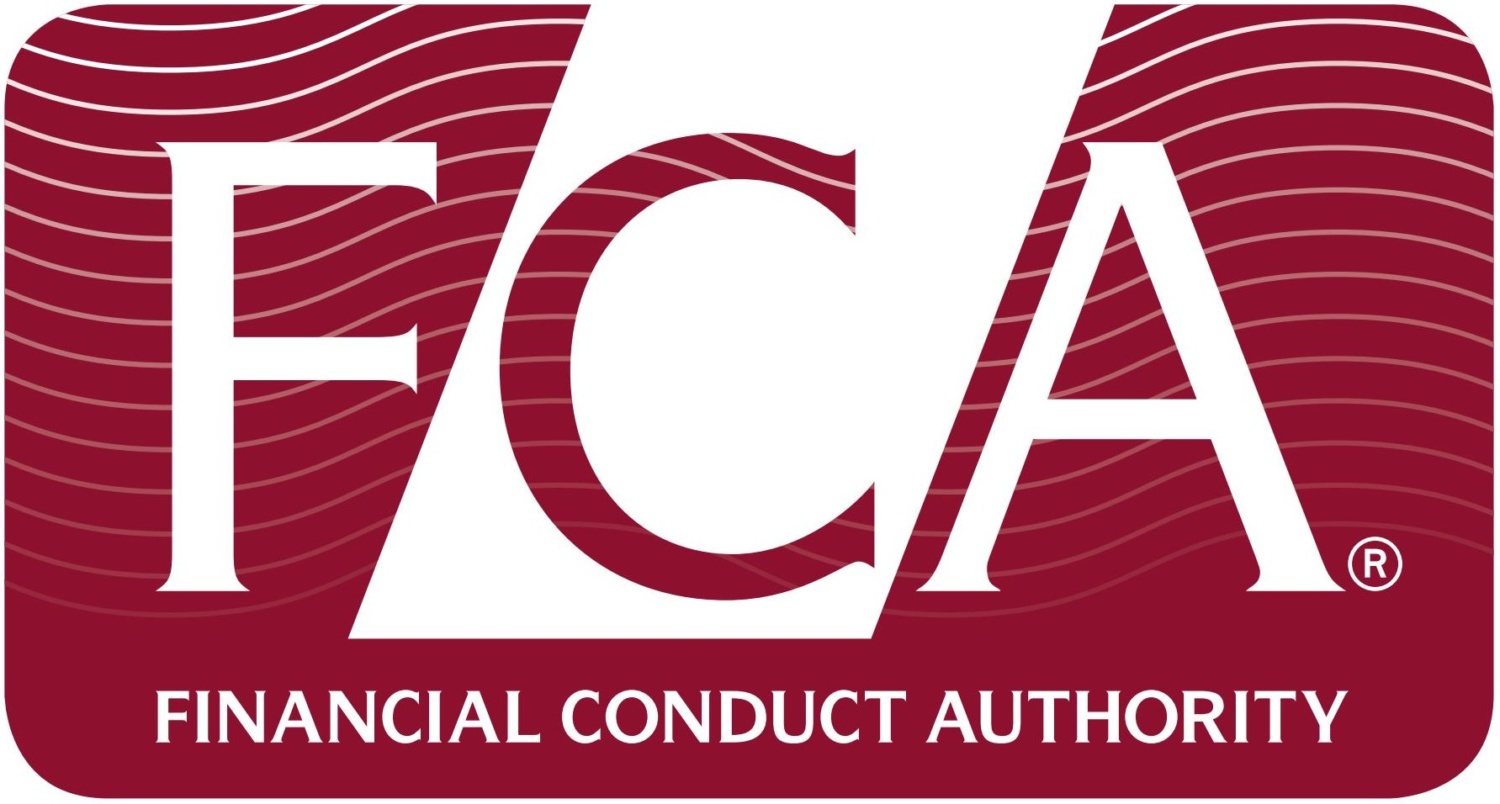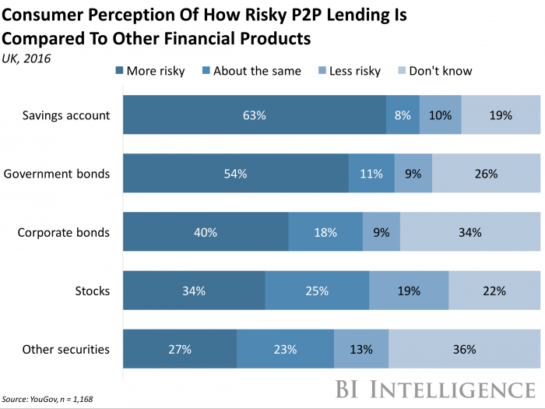No one ever said that the FCA’s task of setting out a definitive set of rules and regulations for the crowdfunding industry was going to be easy, but last week’s interim feedback statement underlines just how far the regulator’s deliberations still have to go. It doesn’t help that the report talks about the dangers of “regulation arbitrage” – I imagine that most people had to look up what it meant! – or that crowdfunding was the descriptor used to cover both equity and debt finance. Commentators had just about got round to calling the latter crowdlending, or P2P lending, to make the distinction between the two very different forms of investment.
But be that as it may, the crux of the matter appears to be that some of platforms are pushing the boundaries of ‘interim permissions’ to the point where, to all intents and purposes, they are acting like a bank, but are not governed by the same jurisdiction or restrictions as a bank. As P2P Lending evolves and new business models appear so the lines are bound to become blurred. The FCA’s dilemma is that any set of rules made at a given point in time is almost certainly going to be out of date very quickly. And so, reluctantly, I have to agree that it is better to wait and to get it right than to rush something out for commercial expediency.
In the meantime, I can confirm that ArchOver does not try to operate like a bank and has no plans to become one. Our proposition is clear and fair, starting with our policy to treat all lenders equally.

One of the major problems is that, in its efforts to be fair and transparent, the FCA is creating more confusion. If it knows which platforms and services conform to its idea of what is good and clear, perhaps one way ahead would be to name them, authorise them and set them up as an example for everyone else to follow. Surely it would be far more instructive to benchmark the industry than to use opaque expressions (e.g. regulation arbitrage) to try to get its point across.
It would also be better to show us what is acceptable than to wait until someone does something wrong and then to beat them with a big stick. Everyone would understand that.
In the meantime, the P2P lending sector is continuing to provide invaluable support to the SME sector and interest-starved investors are still receiving a reasonable return on their money. Where’s the harm in that?



